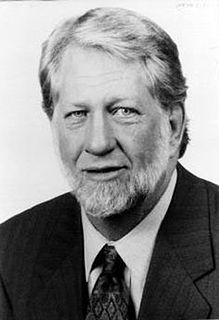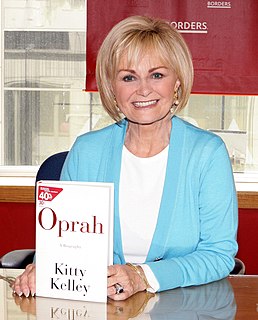A Quote by Edward Gibbon
Such, indeed, is the policy of civil war: severely to remember injuries, and to forget the most important services. Revenge is profitable, gratitude is expensive.
Related Quotes
I worry that I may have overstated the impact of Civil War on the utopians. By the time the Civil War comes, most of the communities were quite separated from the wider American society. Their rhetoric is still about transforming the world, but they're not having that much traffic with their neighbors.
All men, or most men, wish what is noble but choose what is profitable; and while it is noble to render a service not with an eye to receiving one in return, it is profitable to receive one. One ought therefore, if one can, to return the equivalent of services received, and to do so willingly; for one ought not to make a man one's friend if one is unwilling to return his favors.






































